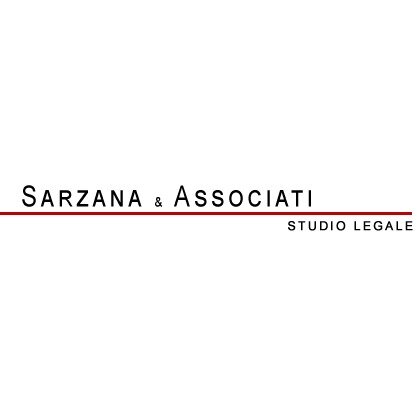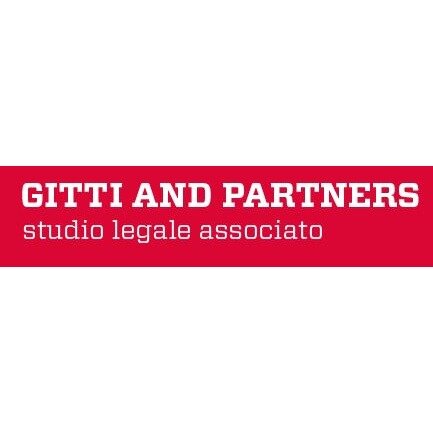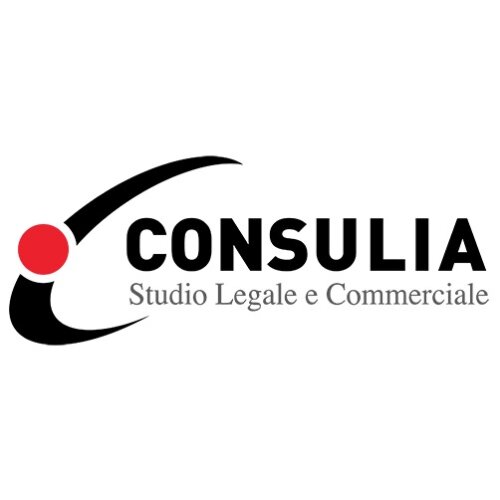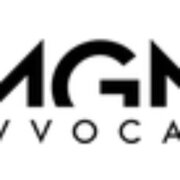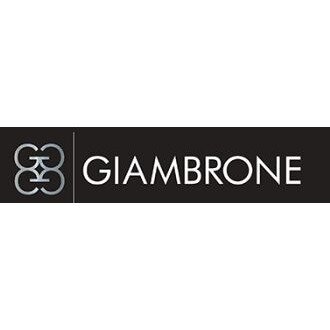Best Acquisition / Leveraged Finance Lawyers in Rome
Share your needs with us, get contacted by law firms.
Free. Takes 2 min.
List of the best lawyers in Rome, Italy
About Acquisition / Leveraged Finance Law in Rome, Italy
Acquisition and leveraged finance law in Rome, Italy is a dynamic area that combines elements of corporate, commercial, and banking law. Acquisition finance generally refers to the funding of mergers, takeovers, or the purchase of shares and assets of a company. Leveraged finance, on the other hand, involves funding that is typically secured by assets or cash flows of the business being acquired and often uses a higher level of borrowed funds relative to equity investment. In Rome, where many Italian and international deals are centered, the legal framework is shaped by both Italian legislative mandates and European Union regulations, making it complex and highly specialized.
Why You May Need a Lawyer
Individuals and businesses may require a lawyer specializing in acquisition or leveraged finance for several reasons. Common situations include buying or selling a company, seeking to borrow money for an acquisition, negotiating loan agreements, or entering into syndicated loan arrangements. The legal advisor's role is critical for conducting due diligence, structuring the transaction, ensuring regulatory compliance, and managing risks related to cross-border elements that often arise in Rome. A lawyer will also assist in negotiating terms, securing financing, and navigating post-acquisition integration or restructuring.
Local Laws Overview
Rome, as the capital city and a financial hub in Italy, is governed by Italian law and European Union directives related to acquisition and leveraged finance. Key legal aspects include:
- Strict regulatory oversight by the Bank of Italy and CONSOB (National Commission for Companies and the Stock Exchange) for financial institutions and listed companies.
- Compliance with Italian Civil Code provisions on security interests and contracts.
- Knowledge of anti-money laundering and anti-corruption regulations, which are strictly enforced in financing transactions.
- Understanding legal limitations regarding corporate benefit, financial assistance, and leveraged buyouts, which impact how transactions can be structured.
- The need to align with both domestic and European competition laws during mergers and acquisitions.
Legal counsel must be well-versed in these areas to ensure that financing structures are both innovative and compliant.
Frequently Asked Questions
What is acquisition finance and how does it work in Italy?
Acquisition finance refers to funding provided for purchasing another company through various debt instruments, equity arrangements, or a mix of both. In Italy, these transactions are heavily regulated to protect all parties involved and must comply with domestic and EU laws.
What is leveraged finance?
Leveraged finance involves using a significant amount of borrowed money to fund an acquisition, where the debt is secured against the assets or anticipated cash flow of the company being acquired. This type of financing enables buyers to complete acquisitions without committing substantial capital up front.
What are the main legal risks in acquisition or leveraged finance deals in Rome?
Legal risks include breaches of representations or warranties, non-compliance with regulatory requirements, challenges in obtaining or perfecting security interests, and complications arising from cross-border elements. Failure to address these risks can result in deal failure or regulatory penalties.
Can a foreign investor access acquisition or leveraged finance in Rome?
Yes, foreign investors can access these financing options in Rome, provided they comply with local laws, EU regulations, and any sector-specific requirements. Foreign direct investment rules and anti-money laundering laws may apply, depending on the nature and size of the transaction.
What role do banks play in acquisition or leveraged finance transactions?
Banks or financial institutions typically provide the necessary funding, either alone or as syndicated lenders. They also conduct due diligence, set lending criteria, structure the loan agreements, and take security over company assets.
Are there restrictions on financial assistance in Italy?
Italian law imposes limitations on companies providing financial assistance for acquiring their own shares, aiming to protect creditors and the company's financial stability. Exceptions may apply, but legal advice is essential to navigate these complex rules.
How long does a typical acquisition finance process take in Rome?
The timeline varies depending on deal complexity, regulatory approvals, due diligence, and negotiations. A straightforward private acquisition can close within a few months, while more complex or cross-border transactions may take longer.
What are the documentation requirements for these transactions?
Comprehensive documentation is required, including loan agreements, security documents, representations and warranties, legal opinions, and regulatory filings. Each document must comply with both Italian law and market standards.
What happens if a borrower defaults on a leveraged loan?
Upon default, lenders may enforce security, demand immediate repayment, or seek legal remedies such as initiating insolvency proceedings or restructuring the debt. Italian law provides protection mechanisms for both lenders and borrowers.
Do acquisition and leveraged finance transactions need regulatory approval?
Certain transactions, especially those involving regulated industries or public companies, require approval from Italian or EU regulators, such as the Bank of Italy or the Antitrust Authority. Early legal consultation is vital to identify and address these requirements.
Additional Resources
Several organizations can provide further information or assistance to individuals or businesses interested in acquisition or leveraged finance in Rome:
- Bank of Italy - Supervises banks and other financial institutions in Italy, providing regulatory guidance for lending transactions.
- CONSOB - Regulates securities markets and participates in the oversight of public company transactions.
- Italian Competition Authority (Autorità Garante della Concorrenza e del Mercato) - Overviews mergers and acquisitions for antitrust compliance.
- Chamber of Commerce in Rome - Offers support and information for business registration and due diligence.
- Italian Bar Association - Maintains a directory of qualified legal professionals specialized in finance law.
- Italian Banking Association (Associazione Bancaria Italiana) - Provides best practices and industry updates on finance matters.
Next Steps
If you are considering or involved in an acquisition or leveraged finance transaction in Rome, it is highly recommended to consult with a qualified lawyer who specializes in this area. Begin by gathering all relevant documents concerning the business or assets to be acquired, and prepare a clear summary of your objectives and potential concerns. Reach out to a reputable law firm or legal advisor for an initial consultation, where you can discuss your needs and receive tailored advice. Legal specialists can assist you with due diligence, drafting and negotiation of finance documents, regulatory filings, and structuring the transaction to minimize risks and ensure compliance with local and EU laws. Timely legal guidance is crucial for optimizing deal outcomes and avoiding costly errors.
Lawzana helps you find the best lawyers and law firms in Rome through a curated and pre-screened list of qualified legal professionals. Our platform offers rankings and detailed profiles of attorneys and law firms, allowing you to compare based on practice areas, including Acquisition / Leveraged Finance, experience, and client feedback.
Each profile includes a description of the firm's areas of practice, client reviews, team members and partners, year of establishment, spoken languages, office locations, contact information, social media presence, and any published articles or resources. Most firms on our platform speak English and are experienced in both local and international legal matters.
Get a quote from top-rated law firms in Rome, Italy — quickly, securely, and without unnecessary hassle.
Disclaimer:
The information provided on this page is for general informational purposes only and does not constitute legal advice. While we strive to ensure the accuracy and relevance of the content, legal information may change over time, and interpretations of the law can vary. You should always consult with a qualified legal professional for advice specific to your situation.
We disclaim all liability for actions taken or not taken based on the content of this page. If you believe any information is incorrect or outdated, please contact us, and we will review and update it where appropriate.






